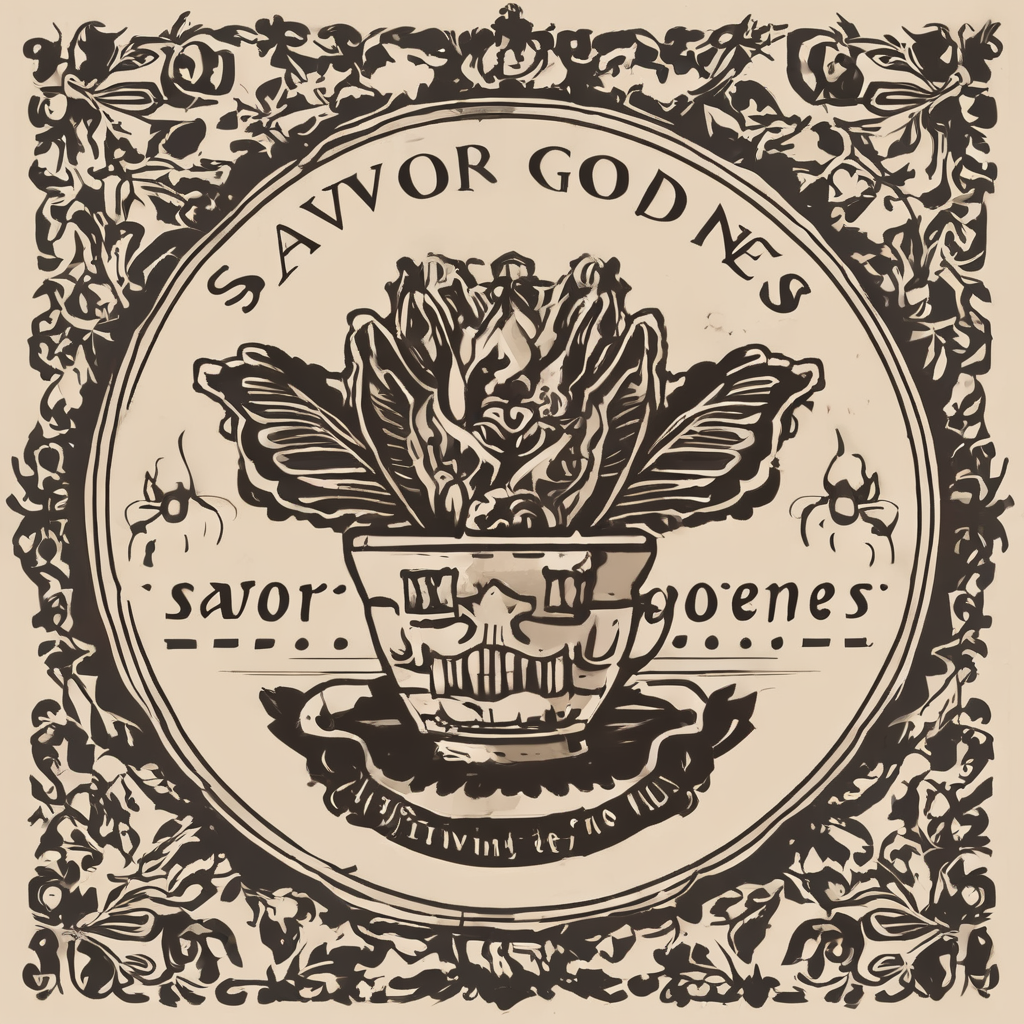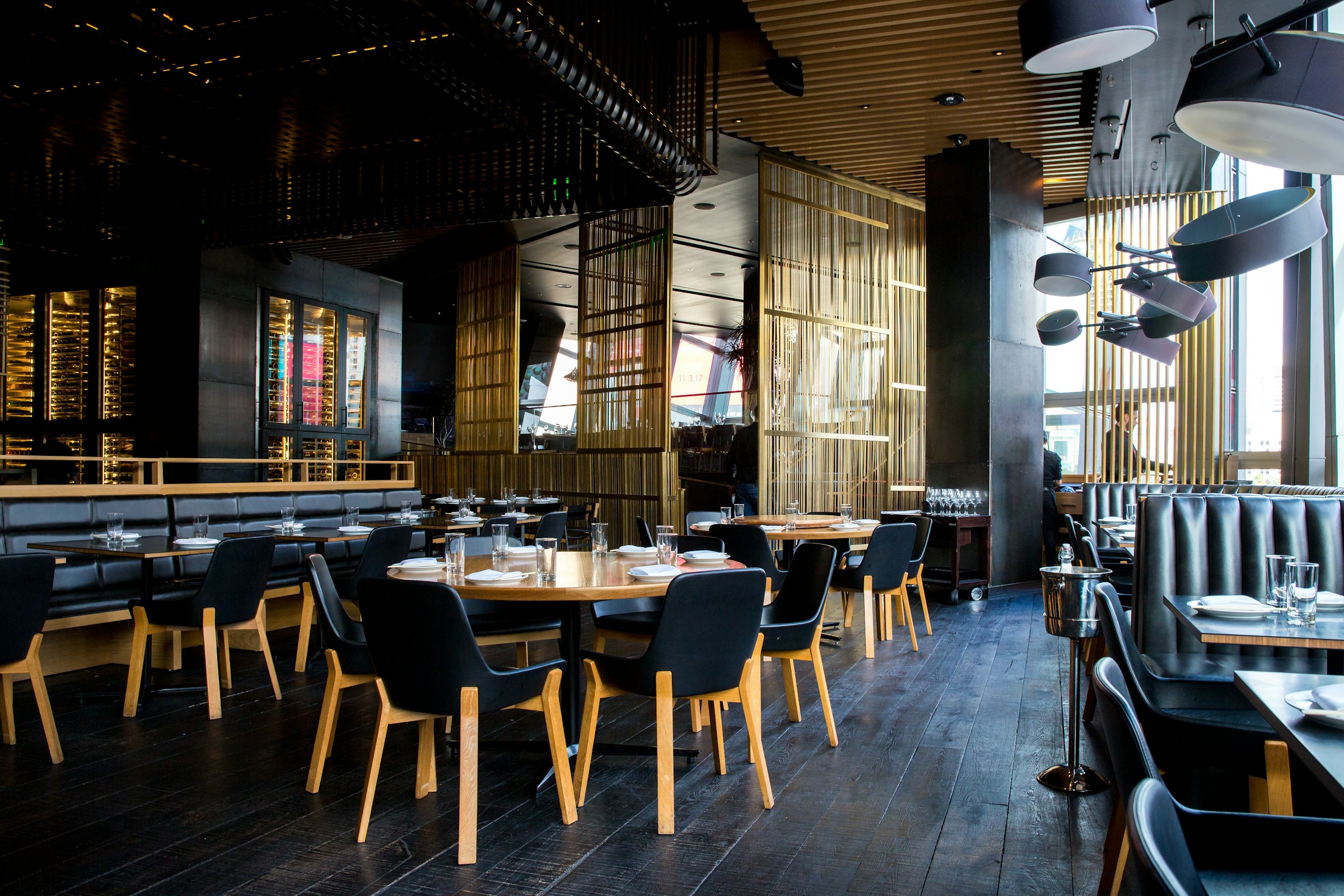The global hospitality industry thrives on the diversity of people it caters to daily. With multiculturalism being an intrinsic part of this industry, it becomes crucial for your employees to understand and embrace the unique facets of various cultures. This understanding is especially significant when it comes to your international hotel restaurant. Your team members must not only learn about cultural diversity but also be able to communicate and serve customers from different cultures effectively. To equip your staff with this essential skill set, you need robust cross-cultural training. This training will help to foster an environment of respect, empathy, and superior guest service. This article will discuss the most effective ways to train your staff on multicultural etiquette, ensuring a world-class experience for your customers.
Understanding the Importance of Multicultural Training
Your hospitality team is the face of your hotel restaurant. They interact directly with your customers, providing them with the services they expect and deserve. Understanding cultural diversity can significantly enhance their communication and service skills. This, in turn, can lead to an improved guest experience, thus boosting your restaurant’s reputation.
Additional reading : How can a restaurant effectively use scent marketing to enhance dining experiences?
Cultural training is also imperative in managing a diversity-rich workforce. It promotes a harmonious working environment by helping your employees understand and respect the differences among their colleagues. This mutual understanding and respect can lead to increased productivity and a positive work culture.
Cultural training can cover a wide range of topics, including understanding cultural norms, developing effective communication strategies, managing cultural differences, and learning to appreciate and accept diverse behaviors and attitudes. The key here is to provide a comprehensive, effective, and engaging training program that your employees will find beneficial.
Have you seen this : How should you approach the redesign of a historical pub to preserve its character while updating its facilities?
Incorporating Cultural Training in Employee Onboarding
One of the most effective ways to instill cultural sensitivity in your staff is by incorporating it into your employee onboarding process. From the get-go, your new hires will learn about the importance of respecting and understanding various cultures. This will set the tone for their work ethos and help them provide superior service to your diverse customers.
Training modules can include interactive sessions, role plays, and scenario-based learning experiences. These activities can expose your employees to various cultural situations they might encounter in their work, equipping them with the skills to manage such scenarios proficiently.
Providing Regular Cross-Cultural Training Sessions
Regular training sessions are vital to keep your team updated on the latest cultural trends and norms. These sessions should be interactive, engaging, and informative. You can employ various training methods, such as seminars, workshops, cultural immersion programs, and e-learning courses.
Workshops and seminars provide an opportunity for your staff to engage in open discussions, share experiences, and learn from each other. Cultural immersion programs, on the other hand, offer a hands-on learning experience. These programs can take the form of short trips or culture-specific events, offering insights into different cultural traditions, practices, and norms.
E-learning courses offer flexibility and convenience. They can be accessed anytime, anywhere, thus meeting the needs of your diverse workforce. Such courses can be customized to your restaurant’s specific needs, ensuring that your employees receive practical and relevant training.
Engaging Experts in Multicultural Training
Engaging experts in multicultural training can significantly improve the overall effectiveness of your training program. These experts can offer in-depth knowledge and unique insights into various cultures, setting a solid foundation for your staff’s cultural understanding.
Experts can provide tailor-made training modules that cater to your restaurant’s specific customer base. They can also help identify potential cultural pitfalls and provide strategies to avoid them. This expert advice and guidance can go a long way in enhancing your team’s cultural sensitivity and effectiveness.
Implementing a Continuous Learning Culture
Last but certainly not least, creating a continuous learning culture within your team is essential. Learning about different cultures is not a one-time activity. It is a continuous, evolving process. Encourage your staff to always be open to learning and adapting to new cultural norms and practices.
You could implement a peer learning program where your employees can share their cultural experiences and learnings. You can also encourage them to engage with culturally diverse guests, thus gaining first-hand experience and learning directly from the source.
In conclusion, providing comprehensive, continuous, and effective cultural training is crucial in today’s multicultural hospitality landscape. It not only enhances your employees’ skills and understanding, but it also improves your restaurant’s guest service, leading to increased customer satisfaction and loyalty.
Empowering Multicultural Team Development
Planning and implementing an effective multicultural training program is only the beginning of a continuous journey towards a multicultural team development. Sustaining this program requires a commitment to continuous learning and improvement. Cultural sensitivity is a key skill that needs to be cultivated and nurtured among your team members.
Cross-cultural team development can significantly enhance the quality of service provided in your international hotel restaurant. This involves encouraging your employees to interact with each other, share their cultural backgrounds, and learn from each other. This interactive learning can help in fostering a sense of camaraderie and mutual respect among your team members, irrespective of their cultural backgrounds.
In addition to formal training sessions, informal discussions, team building activities, and cultural exchange programs can be used to create a conducive learning environment. These activities can help in breaking down cultural barriers and promoting a sense of unity among your diverse workforce.
It’s also important to encourage your team members to step out of their comfort zones and embrace different communication styles and work habits. This not only leads to personal and professional growth but also enhances cultural diversity and inclusion in your workforce.
Cultivating a Culture of Excellence in Customer Service
The ultimate goal of multicultural training is to provide excellent customer service. Culturally aware staff members are more likely to understand and cater to the unique needs and preferences of your diverse customer base.
To achieve this, it’s important to reinforce the connection between cultural awareness and excellent customer service in your training program. Emphasize how understanding cultural differences can lead to increased customer satisfaction and loyalty.
For example, cultures have different dining etiquettes and preferences. By understanding these, your staff can anticipate the needs of the guests, personalizing their service accordingly. This attention to detail can significantly enhance the guest’s dining experience, leading to positive reviews and repeat visits.
Quality service is a combination of technical skills and soft skills like empathy, patience, and cultural sensitivity. Therefore, your training program should focus on developing these skills among your team members. Regular feedback and recognition can also motivate your staff to consistently strive for excellence in their service delivery.
Conclusion
Training employees in multicultural etiquette is crucial in the international hospitality industry. It not only enhances the skills and cultural understanding of your staff but also leads to excellent customer service, which is a key differentiator in this competitive industry.
To effectively manage multicultural teams, hotel staff need to appreciate cultural diversity, understand cultural differences, and adapt their communication styles accordingly. Implementing a comprehensive cultural training program, providing regular training sessions, engaging with experts, and fostering a continuous learning culture are some effective strategies.
Remember, the journey towards cultural sensitivity is ongoing. It requires continuous learning, adaptation, and improvement. But the benefits – a harmonious work environment, a culturally diverse workforce, and superior customer service – make it a worthwhile investment. This understanding and respect for cultural diversity ultimately lead to increased customer satisfaction, loyalty, and the success of your international hotel restaurant.






